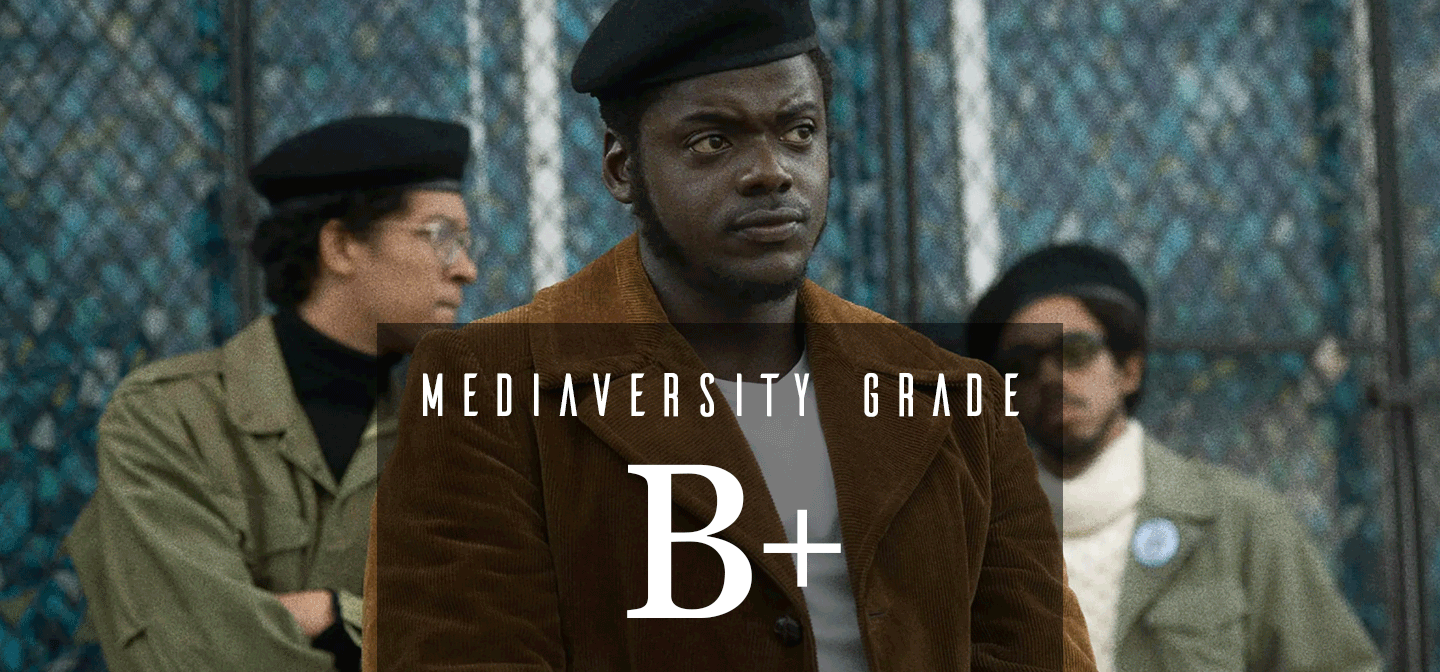Rustin
“Rustin doesn’t go far enough to say anything of substance.”
Title: Rustin (2023)
Director: George C. Wolfe 👨🏾🇺🇸
Writers: Julian Breece 👨🏾🇺🇸 and Dustin Lance Black 👨🏼🇺🇸
Reviewed by Ro Moore 👩🏾🇺🇸
Technical: 2.5/5
George C. Wolfe’s Rustin shines a light on civil rights activist Bayard Rustin (Colman Domingo) and his pivotal role in organizing the historic 1963 March on Washington. The film opens with a montage of historically significant moments: Ruby Bridges, the first Black student to integrate a Louisiana school, walking while bookended by armed guards in 1960; Elizabeth Eckford being bombarded by hate-filled schoolmates as she goes to class in 1957; and indomitable Anne Moody, seated at the counter in during a 1963 sit-in as an angry mob of white people throw food at her. The sequence offers a stark reminder of the reality of racism and dangers in fighting for justice, but the rest of the film fails to connect to Rustin’s path into activism. Instead, it spends the majority of its capital on highlighting the man’s struggle against the power brokers in the civil rights movement rather than on the towering figure’s formative years, rise to the forefront of the movement, or contributions to laying the groundwork for intersectional advocacy.
The stage-play feel of the production makes an engaging atmosphere, but also thins the impact of its well placed quips and glimpses into Rustin’s love life. The plot plays it safe by only skimming the surface of intra-community schisms triggered by his homosexuality and past controversial political affiliations. Thankfully, Domingo’s canny and vivacious performance, ably aided by Branford Marsalis’ evocative score, keep the blood pumping. The imminently talented supporting ensemble, with notable standouts Jeffery Wright, Glynn Turman, and Aml Ameen, further add clarity and context to the internal battles waged related to the March, even if they do feel underutilized. The end result is a story more focused on Rustin’s importance to the day rather than the fullness of his life and legacy.
Gender: 2.5/5
Does it pass the Bechdel Test? YES
The women of Rustin showcase the crucial role female activists played in launching the March on Washington. But even though we hear conversations between women, there’s no effort to turn them into fully-formed people. CCH Pounder plays the formidable Anna Arnold Hedgeman, the only woman on the March’s organizing committee. Despite her historical importance, there’s little time spent grounding her character, and not much depth to her scenes with other women. Plus, her attempts to see a woman included as a speaker only arises as a transition away from a combative conversation between men. There’s simply no interest in female historical figures beyond how they affected men like Rustin or Martin Luther King, Jr.
Race: 4.5/5
The core cast of characters are Black with fully formed personalities. The story also spirals out from Rustin to the people who make up his inner circle, smartly including key relationships with non-Black people. The various personalities create a framework around Black characters that draws the injustices they face into sharper focus.
However, the story uses broad strokes rather than deeply examining Rustin’s motivations. It relies too heavily on Domingo’s brashness to peel back layers of racism. Although the encounters between the main character and his compatriots interestingly delve into insidious intra-community biases, including anti-Blackness and homophobia, the writing doesn’t go far enough to say anything of substance.
Bonus for LGBTQ: +0.50
Rustin’s relationships, first with occasional lover Tom (Gus Halper), then with a closeted preacher he pursues, never shy away from showing him and his partners as fully fleshed out gay men. The story properly contextualizes the dangers associated with being gay in 1963, but generally infers rather than shows sexual intimacy. However, Rustin makes up for its hesitancy by highlighting the constant threat of exposure and the fear and self-loathing of religious men in the closet. The film doesn’t stray far from the main focus around the March to really interrogate Rustin’s emotional inconsistencies, but it doesn’t flinch away from depicting the reality of being on the downlow or bowing to societal pressure to live a heteronormative lifestyle.
Mediaversity Grade: C+ 3.33/5
Although Domingo gives a powerful and engaging performance, Rustin feels like less than what this iconic change agent deserved. It offers a unique perspective on the March on Washington and insights into the infighting that ultimately undermines the foundation of the civil rights coalition. But it barely scratches the surface of Bayard Rustin’s contributions to shaking the world as an openly gay civil rights advocate and intellectual.




